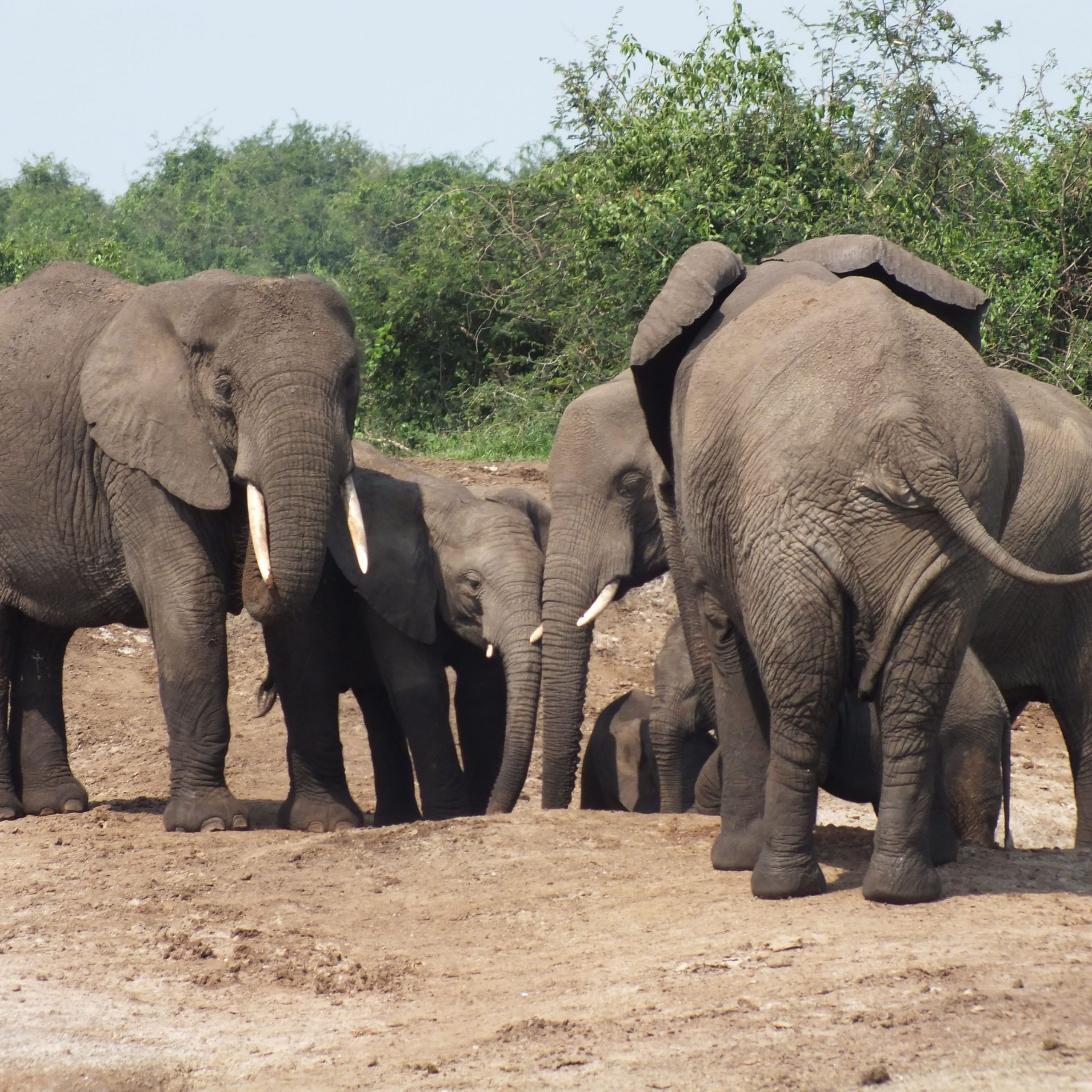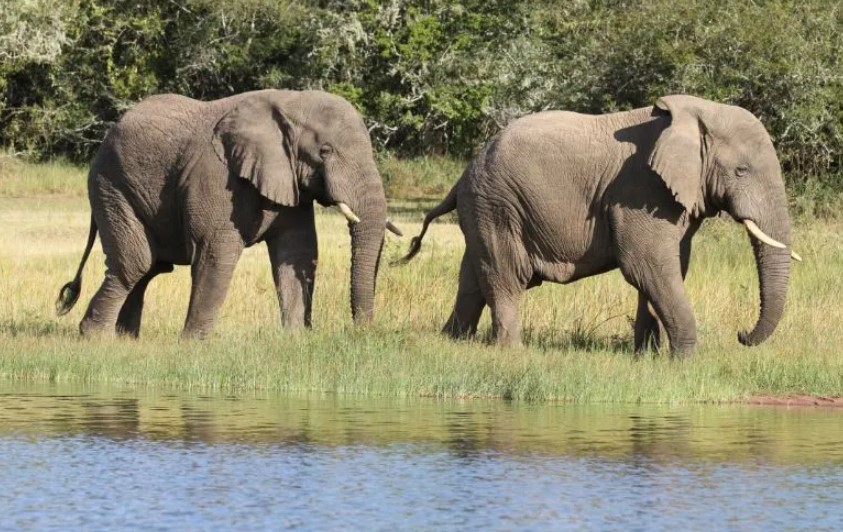The Magnificent Elephants of Uganda: Guardians of the Savanna-Uganda, is home to one of Africa’s most captivating and iconic creatures: the elephant. These majestic giants roam the lush landscapes, including national parks and protected areas, offering an awe-inspiring sight for visitors and an essential part of the ecosystem. This article delves into the world of elephants in Uganda, shedding light on their significance, conservation efforts, and the unique experiences they provide to those lucky enough to encounter them.
Uganda’s Elephant Population and Species
Uganda boasts a significant population of elephants, playing a vital role in the country’s rich biodiversity. The two species found here are the African forest elephant (Loxodonta cyclotis) and the African savanna elephant (Loxodonta africana).
These gentle giants inhabit various regions across the country, primarily residing in national parks like Queen Elizabeth National Park, Kidepo Valley National Park, and Murchison Falls National Park. The presence of diverse habitats, such as woodlands, savannas, and forests, provides a suitable environment for both elephant species to thrive.
Importance to Ecosystems
Elephants are considered “keystone species” due to their significant impact on their surroundings. Their feeding habits and role as seed dispersers contribute to the growth and regeneration of forests and savannas. As they consume large quantities of vegetation, they help control the spread of certain plant species, allowing other plants to flourish.
Additionally, elephants create pathways through dense vegetation, which facilitates the movement of other animals and assists in maintaining overall ecological balance.
Moreover, elephants are crucial for maintaining water sources in their habitats. By digging waterholes with their tusks and trunks, they provide access to water for other animals during dry seasons. Their activities in rivers and wetlands also aid in nutrient distribution, benefiting both aquatic and terrestrial life.
Conservation Efforts
Uganda recognizes the importance of conserving its elephant population and has implemented various initiatives to ensure their protection. The Uganda Wildlife Authority (UWA) plays a vital role in safeguarding these magnificent creatures. They work tirelessly to combat illegal poaching and reduce human-elephant conflicts by implementing anti-poaching patrols, engaging local communities in conservation efforts, and promoting education and awareness programs.
Collaborative projects between UWA and international conservation organizations have been successful in addressing the challenges faced by elephants in Uganda. Such initiatives focus on monitoring elephant populations, improving anti-poaching measures, and enhancing habitat management to ensure long-term sustainability.
Tourism also plays a crucial role in elephant conservation. Responsible ecotourism practices generate revenue that can be channeled back into conservation efforts. Visitors can participate in guided safaris, where they observe elephants in their natural habitat, learn about their behavior, and develop a deeper appreciation for their conservation needs. These experiences contribute to the local economy and create incentives for communities to protect these magnificent creatures.
The presence of elephants in Uganda is a testament to the country’s commitment to wildlife conservation. Through dedicated efforts to protect and preserve their habitats, Uganda ensures that these magnificent creatures continue to grace its landscapes.
By recognizing the ecological importance of elephants and involving local communities and tourists in conservation initiatives, Uganda showcases its dedication to a sustainable future for both elephants and the diverse ecosystems they call home. Preserving the majestic elephants of Uganda is not only a responsibility but also a privilege for future generations to appreciate and cherish.



Comment (0)